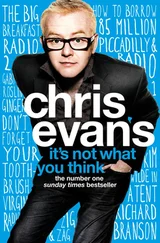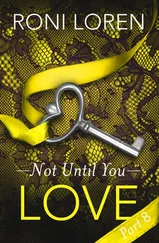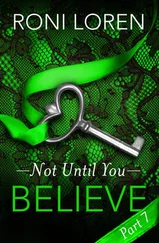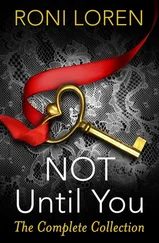‘Paulinus, come and eat,’ she called out.
My father stood up from his favourite armchair. He shuffled to the dining table, bringing with him the combined odour of medication and illness and age. My siblings joined us. Charity sat between me and my mother on my right; Godfrey and Eugene sat to my left. The noise of tongues sucking, teeth chomping, and throats swallowing soon floated about in the air like ghosts. My father’s voice joined in.
‘Augustina, I need a little bit more salt.’
My mother considered his request for a while. Because he also suffered from high blood pressure, every day she reduced the quantity of salt she added to his food, hoping that he would not notice. Reluctantly, she succumbed.
‘Odinkemmelu,’ she called out.
There was no reply.
Odinkemmelu!’
Silence was the answer.
‘Odinkemmelu! Odinkemmelu!’
‘Yes, Ma!’ a voice responded from the kitchen.
The air in the room was suddenly invaded by the feral stench of pubescent sweat. Odinkemmelu entered wearing a rusty white T-shirt and a pair of khaki shorts that had jagged holes in several inappropriate places. He and the other girl, Chikaodinaka, had come from the village to live with us. Neither of them was allowed to sit at the dining table.
‘How come it took you so long to answer?’ my mother asked.
‘Mama Kingsley, sorry, Ma. I am put off the fire for the kerosene stove by the time you call and I doesn’t heard you.’
My mother ran her eyes up and down Odinkemmelu’s body in a way that must have tied knots in his spinal cord. But the boy was not telling a lie; the fumes floated in right on time. We had stopped using the gas cooker because cooking gas was too expensive, and had switched to the kerosene stove that contaminated the air in the house with thick, toxic clouds whenever it was quenched with either a sprinkling of water or the blasts of someone’s breath.
‘Bring me some salt,’ my mother said.
Odinkemmelu took his body odour away to the kitchen and returned with a teaspoon of salt.
‘Godfrey, I don’t want to hear that you forgot to bring the university entrance forms back from school tomorrow,’ my father said to my brother.
Godfrey grunted quietly.
‘For almost a week now, I’ve been reminding you,’ my father continued. ‘You don’t always have to wait till the last minute.’
When it was my turn about seven years ago, I had brought my forms home promptly. My father had sat down with me and we filled them out together. We divided the task equally: he decided that I should study Chemical Engineering, he decided that I should attend the Federal University of Technology, Owerri, and he decided that I must not take the exams more than once. My own part was to fill in his instructions with biro and ink, study for the exams, and make one of the highest Joint Admissions and Matriculation Board exam scores into the university’s Chemical Engineering Department. Godfrey did not appear too keen on any such joint venture.
‘And I hope you’ve been studying,’ my father added. ‘Because any child of mine who decides to be useless and not go to university has his own self to blame for however his life turns out.’
A sudden bout of coughing forced an early conclusion to a speech that could easily have lasted the duration of our meal. To my parents, education was everything. She was the recipe for wealth, the pass to respectability, the ticket to eternal life.
Once, while in primary school, I had ventured to exercise my talents in the football field during break time and returned home with my school shirt badly ripped and stained. When my mother saw me, she stared as if I had huge pus-filled boils all over my body. Then she used a long koboko whip to express herself more vividly on my buttocks. Later that evening, my father called me into his bedroom. He sat on the bed, held my shoulders, and adjusted my posture until I was standing directly in front of him. He stared into my eyes forever. Then in a deep, sententious tone, he changed my life.
‘Kingsley, do you want to be useful to yourself in this world?’ he asked.
I answered in the affirmative.
‘Do you want to make me and your mummy proud?’
Again, my answer was the same.
‘Do you want people to know you and respect you wherever you go?’
I did.
‘Do you want to end up selling pepper and tomatoes in Nkwoegwu market?’
I shuddered. My soul was horrified at the thought of joining the sellers who transported food items from different villages to one of the local markets. Hardly any of them understood what was being said if you did not speak Igbo. Most of them looked wretched.
My father amplified his voice.
‘Do you?’
No, I did not.
‘Then you must stop wasting your time on silly things. You must read your books… focus on your studies and on the future you have ahead of you. A good education is what you need to survive in this world. Do you hear me?’
I heard him too loud and very clear. Still, he continued.
He explained that without education, man is as though in a closed room; with education, he finds himself in a room with all its windows open towards the outside world. He said that education makes a man a right thinker; it tells him how to make decisions. He said that finishing school and finishing well was an asset that opened up a thousand more opportunities for people.
My tender triceps started grumbling. He continued.
He said that education is the only way of putting one’s potential to maximum use, that you could safely say that a human being is not in his correct senses until he is educated.
‘Even the Bible says it,’ he concluded. ‘ “Wisdom is better than gold, understanding better than choice silver.” Do you hear me?’
Not only did I hear him, I believed him completely. I was brainwashed. I became an instant disciple. Thereafter, as I watched other little boys squandering their time and energy in football fields, I simply believed that they did not know what I knew. Like the Spiderman, I was privy to some esoteric experience that made me superhuman. And the more my scores skyrocketed in the classroom, the more I kept away from my friend Alozie, who could still not tell the difference between ‘there’ and ‘their’, and our neighbour’s son Kachi, who was finding it difficult to learn the seven-times table. I continued to outdistance my classmates in academic performance. I had never once looked behind.
My mother reached out and patted her husband’s back softly until his coughing ceased. Then she changed the topic.
‘Kingsley, when is the next interview?’ she asked.
‘The letter just said I passed. They’ll send another one to let me know. It’s going to be a one-on-one meeting with one of the big bosses in their head office. This time, each person’s date is different.’
‘You’re going to Port Harcourt again?’ Eugene asked.
‘It’s probably just a formality,’ my father said. ‘The first three interviews were the most important.’
‘So if you go and work in Shell now,’ Charity asked, ‘will you move to Port Harcourt?’
There was panic in her voice. I smiled fondly at her.
‘It doesn’t matter where I live,’ I replied. ‘I’ll come home often and you can also come and be visiting me.’
She did not look comforted. My father must have noticed.
‘Charity, bring your plate,’ he said.
Charity pushed her enamel bowl of soup across the table, past my mother, and towards him. My father stuck his fork into the piece of meat in his plate and put it into his mouth. He bit some off with his incisors and deposited the remaining half into my sister’s bowl. Unlike mine, his was a veritable chunk of cow.
‘Thank you, Daddy,’ she said, while dragging the bowl back.
Читать дальше
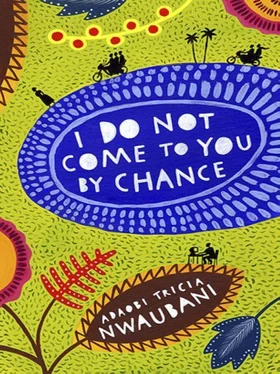
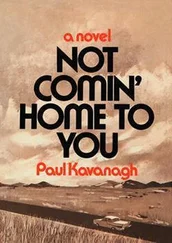

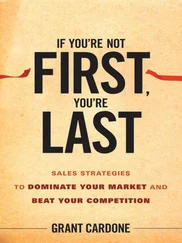

![Майкл Азеррад - Come as you are - история Nirvana, рассказанная Куртом Кобейном и записанная Майклом Азеррадом [litres]](/books/392533/majkl-azerrad-come-as-you-are-istoriya-nirvana-ra-thumb.webp)



